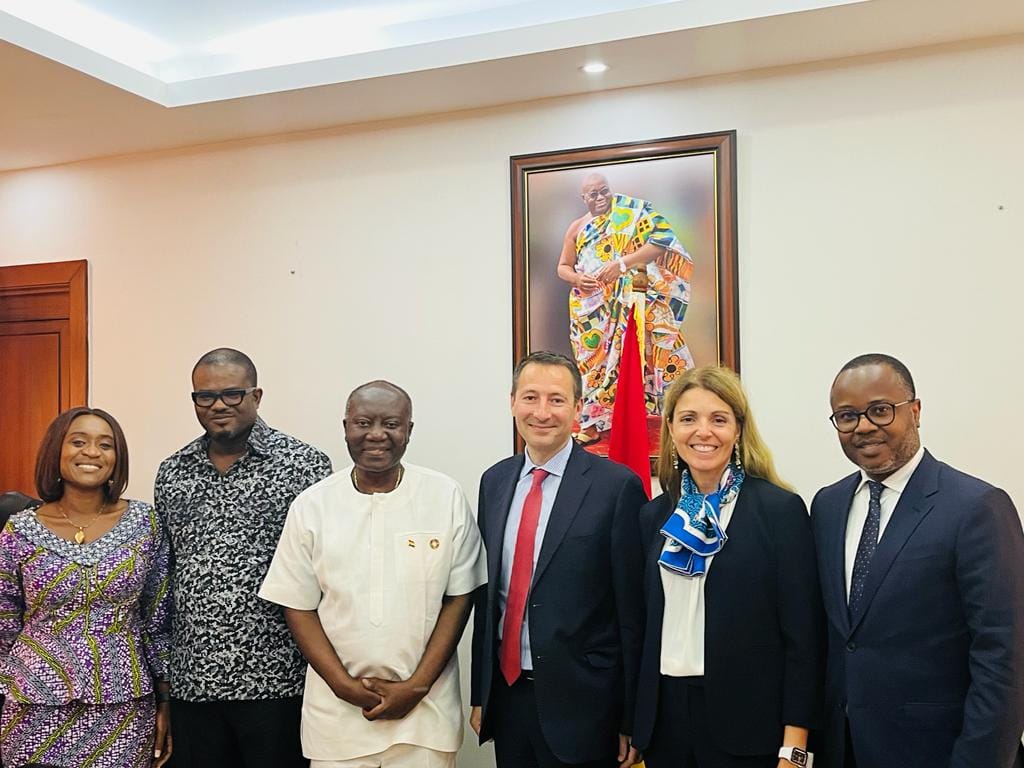The International Monetary Fund (IMF) has started analysing Ghana’s ability to finance its policies as well as its capacity to pay principal and interest on loans on time.
This is after a team from the IMF met with the Ministry of Finance and the Bank of Ghana (BoG) in Accra on Monday as Ghana seeks a loan facility of up to $3 billion.
The loan is to support the Government’s Enhanced Domestic Programme, which is to help the country navigate through the current economic hardship and improve its fiscal balances sustainably.
In a statement issued in Accra yesterday the Ministry of Finance explained that to access the loan, a prerequisite was the Debt Sustainability Analysis (DSA), which would be a “confirmation that Ghana’s debt is on a sustainable path.”
It said the Government was putting together a comprehensive post COVID-19 economic programme, which would form the basis for the IMF negotiations.
The statement said: “Government remains committed, and shall continue to actively engage all stakeholders, both public and private, in a clear and transparent manner as we seek to fast-track this process.”
Debt Sustainability Analysis is usually conducted by the IMF as part of its advice on macroeconomic policies, both in the context of IMF-supported programmes and surveillance.
Through a framework, which became operational in 2002, the analysis critically assesses a country’s ability to finance its policy objectives and service the ensuing debt without unduly large adjustments, which could otherwise compromise its stability.
When completed, the analysis would not only help the IMF in its decision to support the country’s enhanced domestic programme, but also help the financial market players to appreciate the debt position of Ghana.
Stéphane Roudet, Mission Chief for Ghana, is leading the team currently in Accra to continue discussions with Ghanaian authorities on policies and reforms that could be supported by an IMF lending arrangement.
The team will be here from September 26 – October 7, and engage with Parliament’s Finance Committee, Civil Society Organisations (CSOs), and development partners, including UNICEF and the World Bank.
Ghana, just like many other countries the world over, is experiencing economic hardship largely due to Covid-19 and the Russia-Ukraine War.

